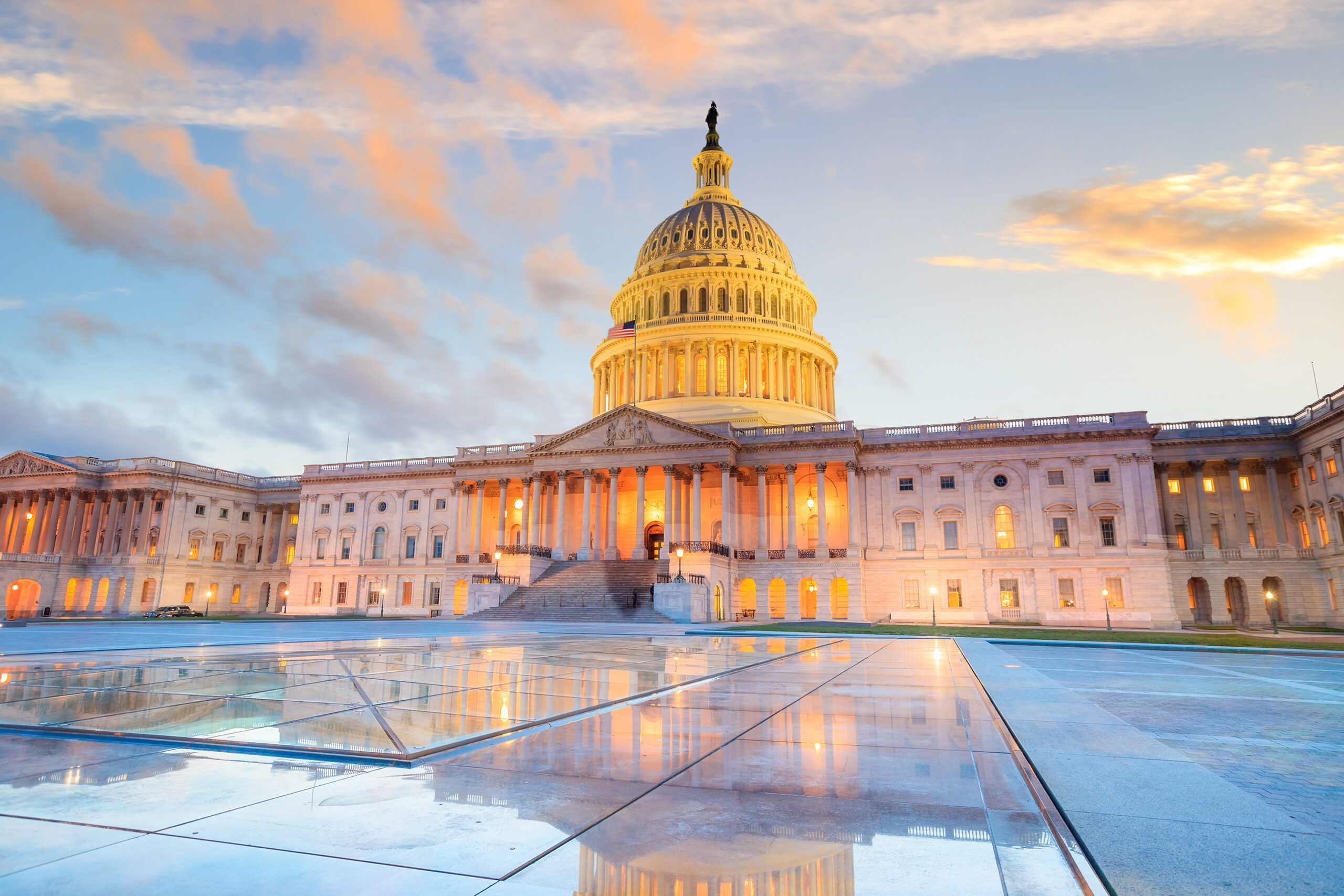We’re now at the predictable moment in a Washington fight when the losing side abandons policy arguments and retreats to the last refuge of the desperate:
“Well, it doesn’t matter anyway, the agency doesn’t have the authority to do this.”
In fairness, it’s a classic, time-honored move. When one’s argument collapses, don’t reconsider it—just claim the referee has no whistle.
The FCC is finally on the verge of modernizing a rule that should’ve been thrown out years ago. Right now, TV broadcasters are uniquely handcuffed by a national ownership cap that blocks them from reaching more than 39% of Americans. That’s right, a company can only own TV stations that theoretically reach in aggregate 39% of TV households. Yes, the horror (!) if a broadcaster could broadcast to 40% of America, let alone the entire country.
Never mind the fact that every other broadcast TV competitor—streamers, cable channels, online platforms, Big Tech video services—face no such restrictions. They can reach every American, every day, without asking anyone’s permission. And yet the one platform that’s actually free to the public is forced to play with weights strapped to its ankles.
The idea that this rule still makes sense in 2025 is laughable.
Opponents choose to hold on to the idea that eliminating the cap will somehow destroy local news. That argument is not just wrong—it’s upside down. Local programming is broadcasters’ biggest strength. It’s also expensive. You don’t get more local journalism by forcing broadcasters to stay small and financially constrained. You get more local news when broadcasters have the scale to afford it. Period. The “localism” argument is nothing more than an empty talking point meant to confuse people who haven’t looked closely at how local news is actually produced.
And then there’s Newsmax, eager to lecture anyone who will listen (or even if they don’t) about the importance of local content. Newsmax. A channel that wouldn’t know “local” if it walked right into it. That’s like a pyromaniac lecturing on fire safety. Newsmax isn’t worried about local journalism; it’s worried about competition. And it fears a stronger broadcast industry because a stronger broadcast industry could lead to additional conservative voices with larger audiences—voices with whom Newsmax would have to actually compete.
Having exhausted their flimsy policy objections, opponents have now pivoted to their Washington emergency argument: that the FCC supposedly lacks the authority to change the national cap at all. This is the administrative-law Hail Mary, thrown only when you know you’re out of real plays. It’s not grounded in the statute, the history, the precedent, or basic logic—but it is grounded in anti-competitive panic.
For starters, the FCC has always maintained, under both Republicans and Democrats, that it has authority over the national cap. While that interpretation doesn’t bind the courts, it certainly is precedent for FCC Chairs and Commissioners alike.
The fantasy that Congress somehow revoked this well-understood authority in 2004 is just that—a fantasy. What actually happened is far more mundane: After a long back-and-forth over the appropriate cap more than 20 years ago, Congress didn’t like the new limit the FCC was choosing and Congress therefore split the baby. And because it had just instructed the FCC to change its rules to reflect the new number, it told the FCC it wasn’t required to turn around and review that particular rule right away in the Commission’s next congressionally-mandated ownership review. That’s it. No secret claw-back. No cryptic legislative bombshell. Ending a routine review cycle is not remotely the same thing as banning the FCC from ever touching the rule again. The statute doesn’t say that. It doesn’t hint at that. You have to invent that reading out of thin air.
And pretending that “not required to review every four years” magically means “forbidden from ever reconsidering this rule again” is not textualism. It’s wishful thinking misleadingly wrapped in a late Justice’s brand.
Stepping back, it couldn’t be more obvious what’s happening here. Broadcast TV is the only major media platform still treated like it’s 1978. Every other competitor gets to grow, expand, consolidate and serve national audiences without a government cap. Meanwhile, the one universally free service—the one Americans don’t have to pay a subscription for—is the only one boxed in by an arbitrary limit.
Who benefits from keeping broadcasters artificially small? Not viewers. Not communities. Certainly not the future of local news. The only beneficiaries are competitors like Newsmax trying to protect their turf by kneecapping the one platform capable of challenging them at scale.
This isn’t about consolidation. It’s not about shutting down stations or shrinking local newsrooms. It’s about allowing broadcasters to grow—to compete on the same playing field as every one of their rivals. And the only reason to oppose that is a fear of competition, fear of stronger voices and fear of losing control over the narrative.
And that fear is not a policy argument. It’s an admission that it’s time to eliminate the cap.





